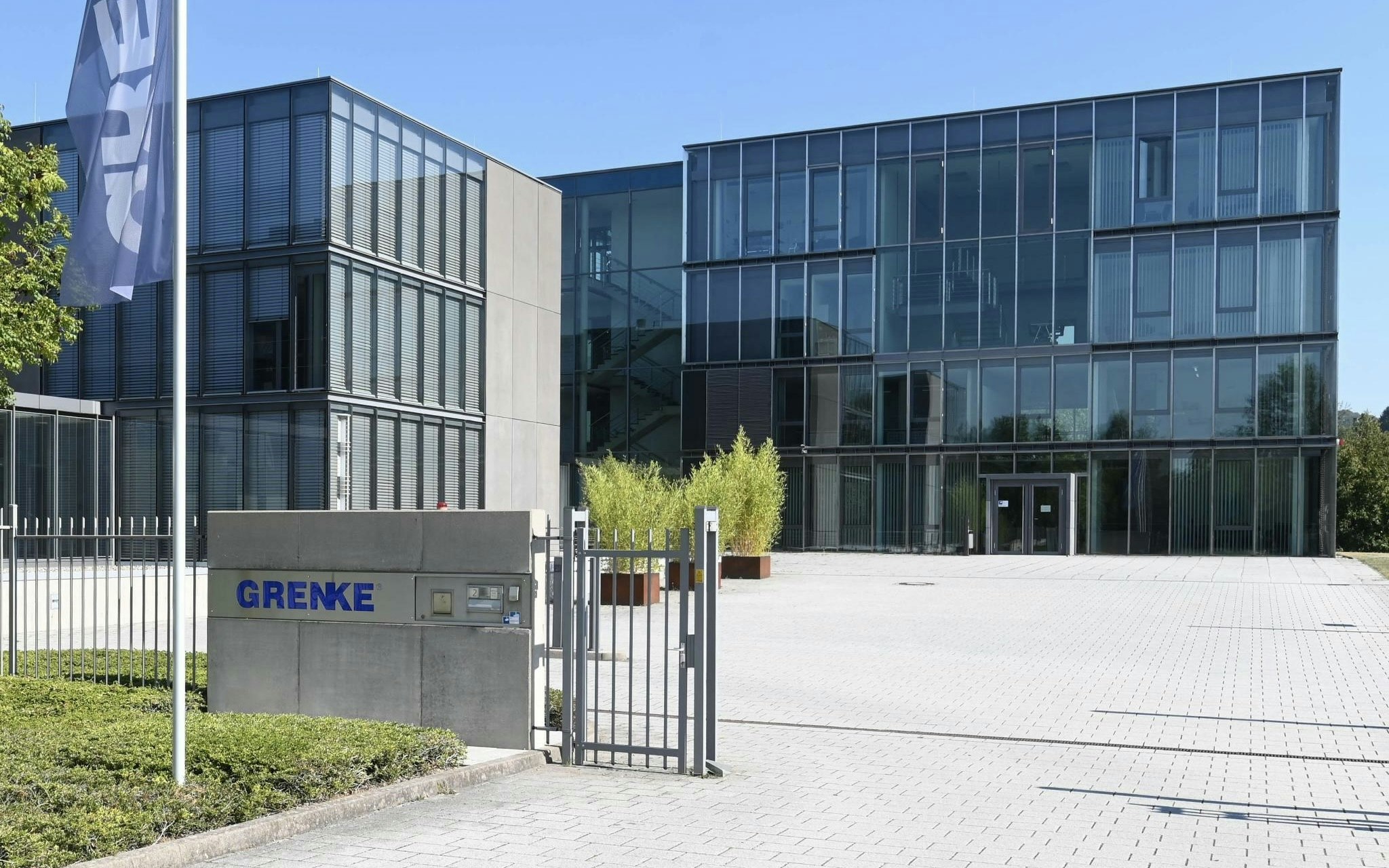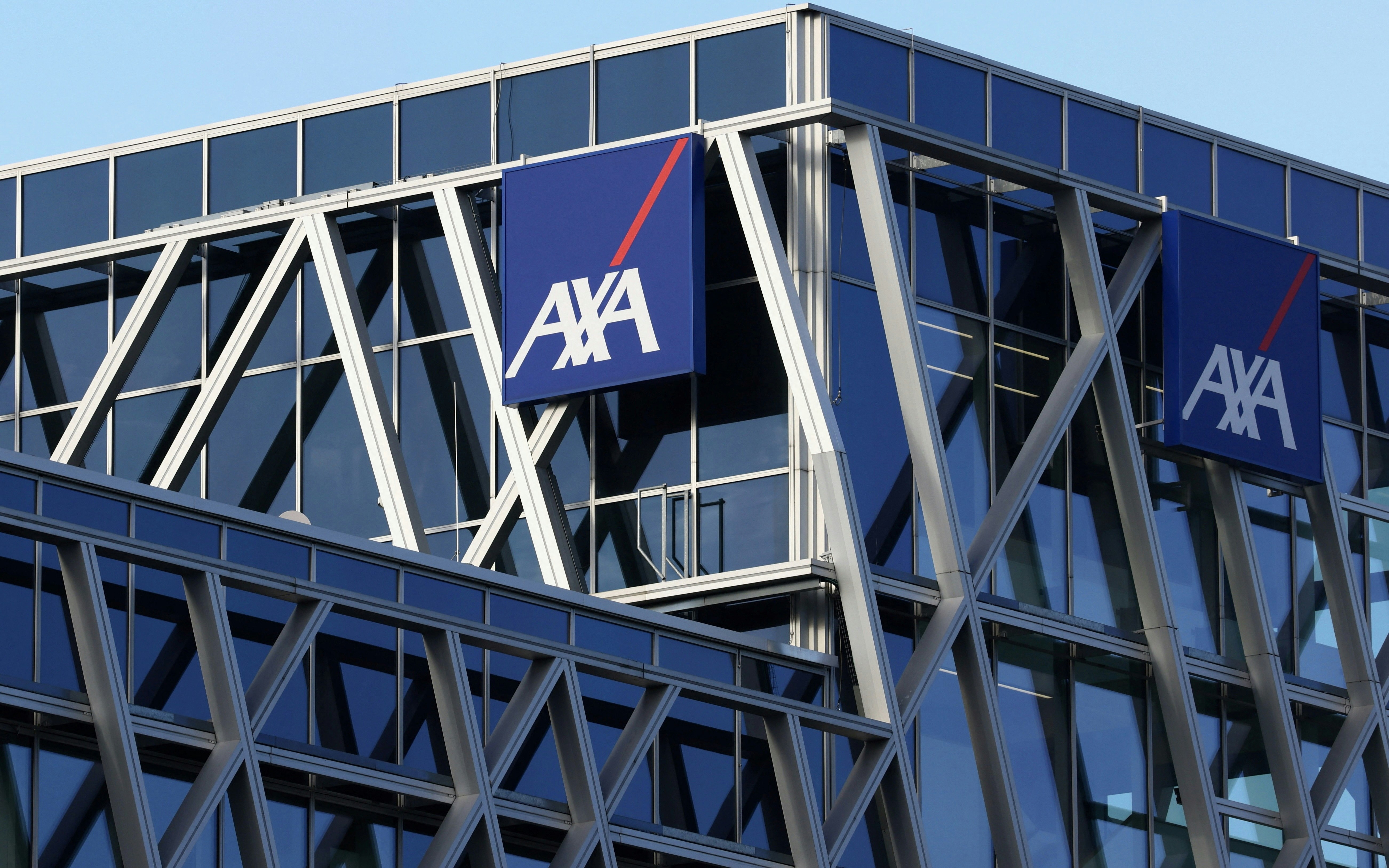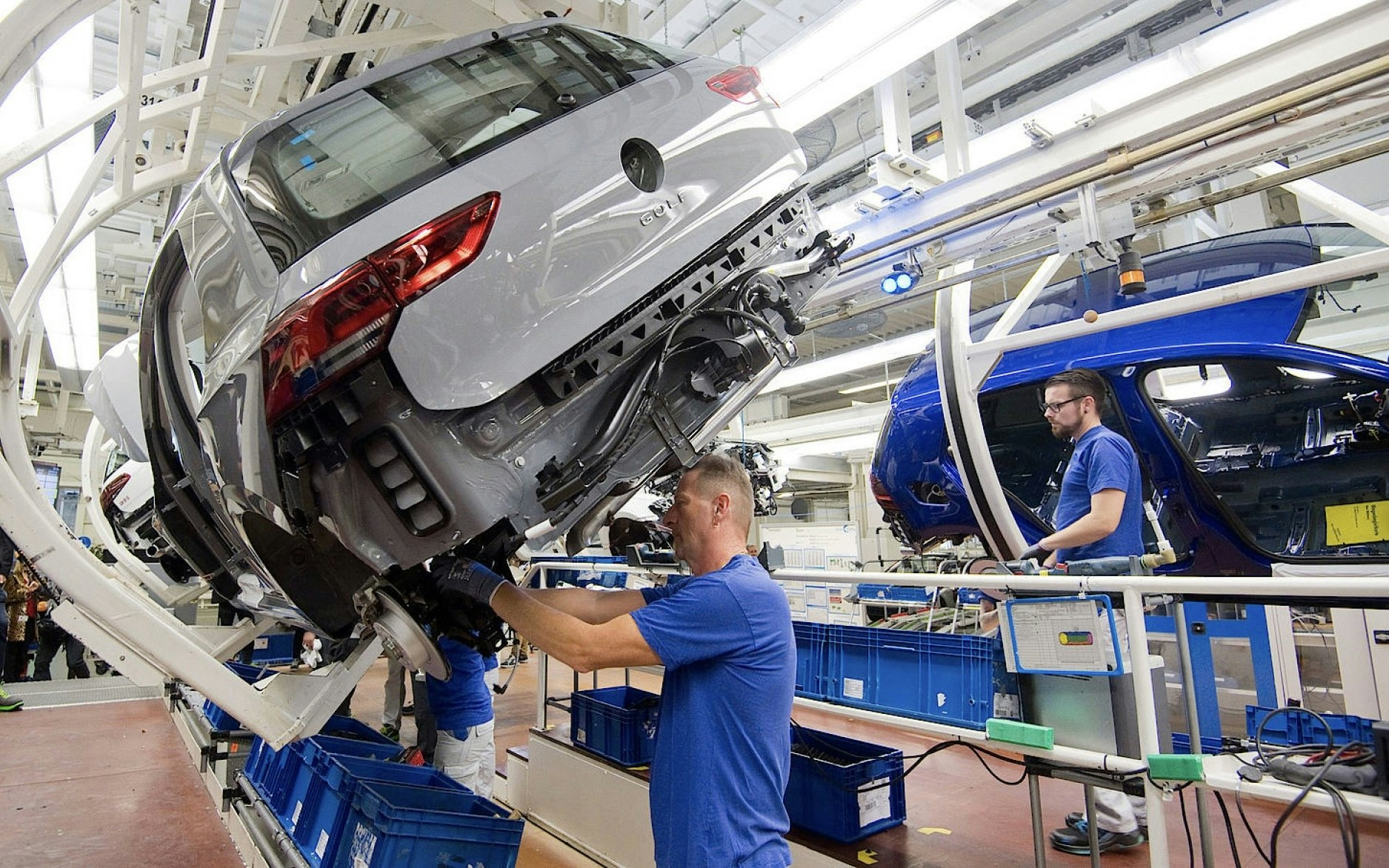The US software giant Microsoft exceeded both revenue and profit forecasts in the first quarter of its fiscal year 2025, but continues to face significant challenges in the field of artificial intelligence (AI). Chief Financial Officer Amy Hood reported in a conference call with analysts that demand for AI products exceeds the available capacity.
In the first quarter, Microsoft achieved earnings of $3.30 per share, significantly above the expected $3.10 and the previous year's figure of $3.00. Revenue increased by 11% to $65.6 billion, also surpassing analysts' estimates of $64.57 billion. The cloud division Azure grew particularly strongly, increasing by 33% in the quarter. Excluding negative exchange rates, growth was 34%. For the current second quarter, Hood expects a further increase of 31 to 32%.
“The demand continues to exceed our available capacities,” said Hood. To meet this high demand, Microsoft plans to invest at least 38 billion US dollars in expanding data centers for AI—one billion US dollars more than originally expected. These investments are expected to further increase next year and mitigate the growing capacity issues.
Despite strong growth and exceeded expectations, investors reacted skeptically to the quarterly figures. The Microsoft stock fell by 6.03 percent to $406.47 in after-hours trading. This price correction reflects investors' concerns that ongoing capacity constraints could affect future profitability.
CEO Satya Nadella emphasized the strategic importance of collaborating with OpenAI to integrate AI technologies into all products. "Our partnership with OpenAI allows us to offer innovative AI features that provide significant added value to our users," said Nadella. At the same time, Microsoft continued to build new data centers to meet growing demand, but made it clear that expansion would take time: "Data centers are not built overnight.
With a market capitalization of nearly 3.1 trillion US dollars, Microsoft remains the third richest tech company in the world, behind Apple and NVIDIA. Despite recent stock losses, the company demonstrates robust financial performance and strong growth potential, particularly in the areas of cloud and AI.







